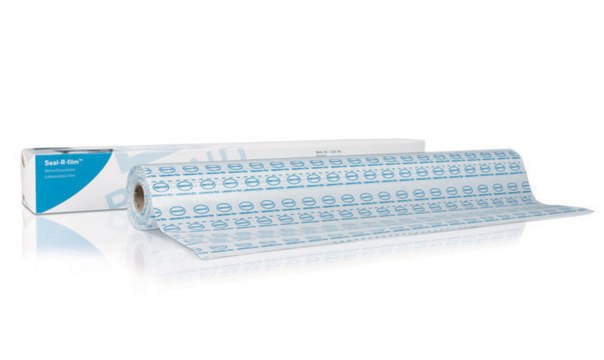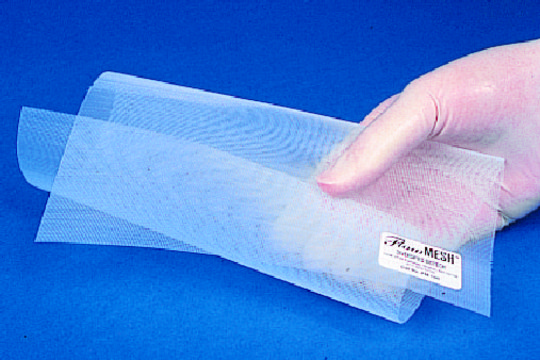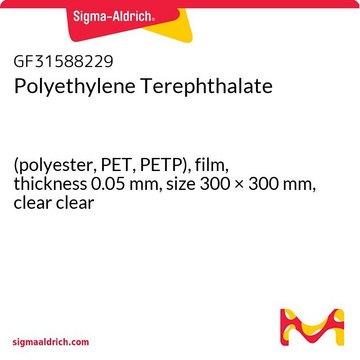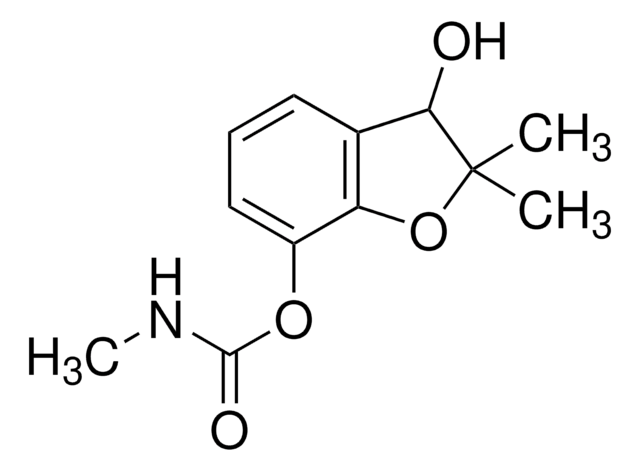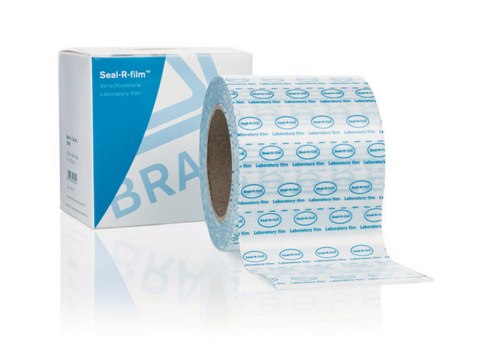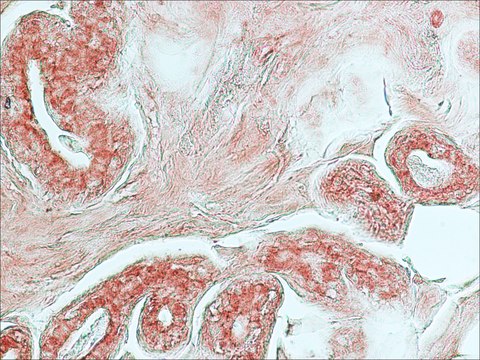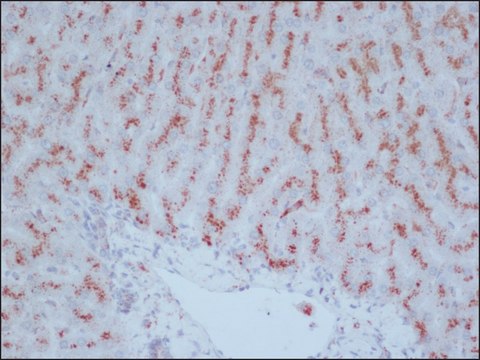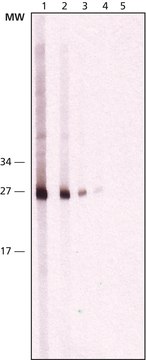C0715
Monoclonal Anti-Cathepsin D antibody produced in mouse
clone CTD-19, ascites fluid
Synonym(s):
Anti-CLN10, Anti-CPSD, Anti-HEL-S-130P
Select a Size
Select a Size
About This Item
Recommended Products
biological source
mouse
Quality Level
conjugate
unconjugated
antibody form
ascites fluid
antibody product type
primary antibodies
clone
CTD-19, monoclonal
mol wt
antigen 34 kDa
antigen 52 kDa (weaker band)
species reactivity
human
technique(s)
immunohistochemistry (formalin-fixed, paraffin-embedded sections): 1:200 using human breast carcinoma tissue
indirect ELISA: suitable
microarray: suitable
western blot: 1:1,000 using human breast carcinoma cell line extract
isotype
IgG2a
1 of 4
This Item | SAB4200767 | C8243 | C7464 |
|---|---|---|---|
| clone CTD-19, monoclonal | clone CTD-19, monoclonal | clone CL124-1H6, monoclonal | clone DCS-6, monoclonal |
| conjugate unconjugated | conjugate - | conjugate unconjugated | conjugate unconjugated |
| antibody form ascites fluid | antibody form purified from hybridoma cell culture | antibody form purified immunoglobulin | antibody form ascites fluid |
| Gene Information human ... CTSD(1509) | Gene Information human ... CTSD(1509) | Gene Information human ... CTSK(1513) | Gene Information human ... CCND1(595) |
| biological source mouse | biological source mouse | biological source mouse | biological source mouse |
| species reactivity human | species reactivity human, rabbit | species reactivity human | species reactivity rat, mouse, human, monkey |
General description
Cathepsin D (CD, EC 3.4.23.5), an aspartyl endopeptidase, is induced by estrogen in certain estrogen receptor (ER)-positive breast cancer cell lines, but is produced constitutively by ER-negative cell lines. Cathepsin D is synthesized as a 52 kDa inactive precursor (pro-cathepsin D). Proteolytic removal of the amino-terminal 43 amino acid fragment and cleavage at an internal site results in an enzymatically active 48 kDa heterodimer consisting of two chains of 14 and 34 kDa.
The level of CD synthesized by cells is increased in response to mitogenic signals from estrogen, EGF, FGF, and IGF- I. The ability of tumor cells to invade the extracellular matrix has been attributed to cathepsins released by tumor cells or associated with the plasma membrane of tumor cells. CD is capable of digesting extracellular matrix proteins in in vivo models. Transfection of the CD gene into rat cells increases their tumorigenicity when injected into nude mice. Indeed, the concentrations of CD are significantly higher in breast carcinomas than in either normal breast tissues or benign breast tumors.
Specificity
Immunogen
Application
Immunohistochemistry (1 paper)
Western Blotting (1 paper)
Disclaimer
Not finding the right product?
Try our Product Selector Tool.
Storage Class
10 - Combustible liquids
wgk_germany
WGK 3
Choose from one of the most recent versions:
Already Own This Product?
Find documentation for the products that you have recently purchased in the Document Library.
Our team of scientists has experience in all areas of research including Life Science, Material Science, Chemical Synthesis, Chromatography, Analytical and many others.
Contact Technical Service
